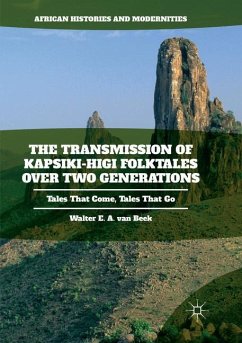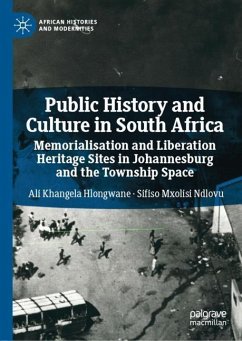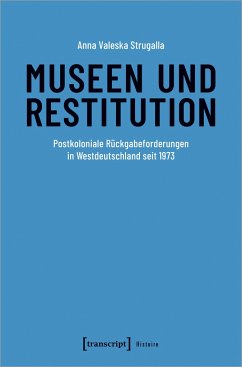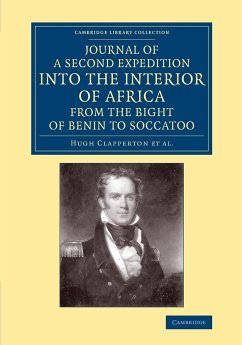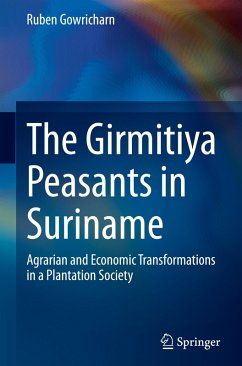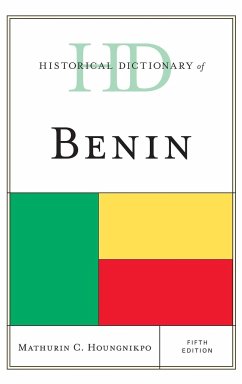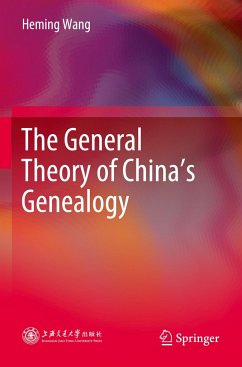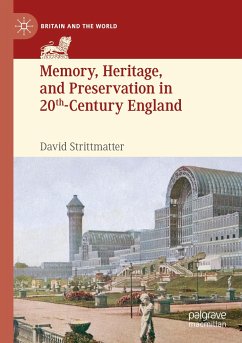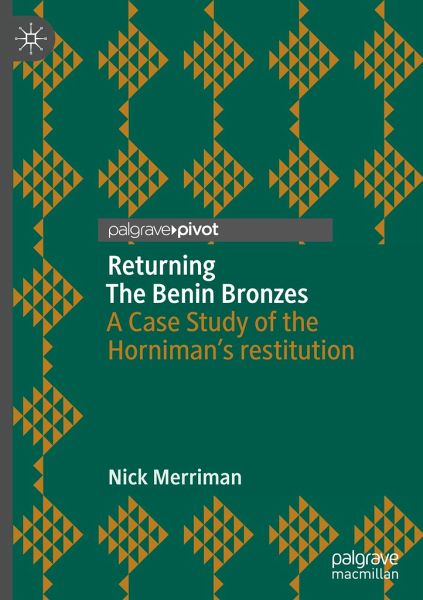
Returning The Benin Bronzes
A Case Study of the Horniman's restitution
Versandkostenfrei!
Versandfertig in 6-10 Tagen
31,99 €
inkl. MwSt.
Weitere Ausgaben:

PAYBACK Punkte
16 °P sammeln!
This book offers a detailed case study of the transfer of ownership to Nigeria in November 2022 of the 72 artworks in the Horniman's collections looted by the British from Benin City in 1897, as an occasion to explore the current state of the issue of restitution of cultural objects. It argues that we are at a tipping point, where decades of debate but little action about restitution is now changing to a period when at least the most egregious examples of colonial looting are being addressed. It summarises the key issues involved in these returns, outlines the processes and procedures undertak...
This book offers a detailed case study of the transfer of ownership to Nigeria in November 2022 of the 72 artworks in the Horniman's collections looted by the British from Benin City in 1897, as an occasion to explore the current state of the issue of restitution of cultural objects. It argues that we are at a tipping point, where decades of debate but little action about restitution is now changing to a period when at least the most egregious examples of colonial looting are being addressed. It summarises the key issues involved in these returns, outlines the processes and procedures undertaken by the Horniman, and offers recommendations and reflections for the future.






